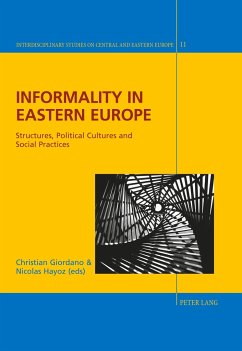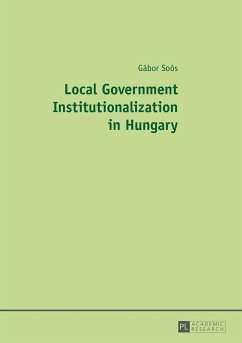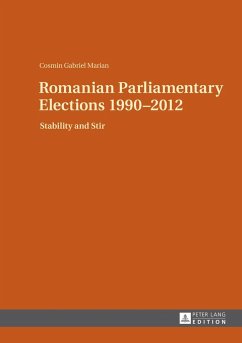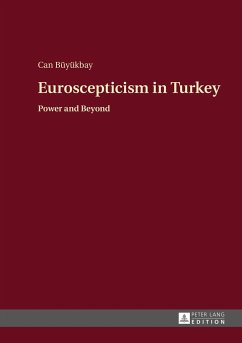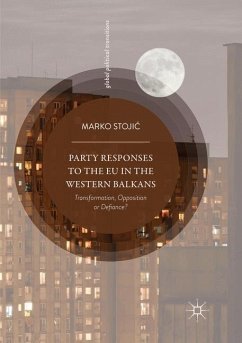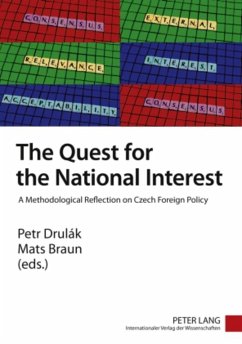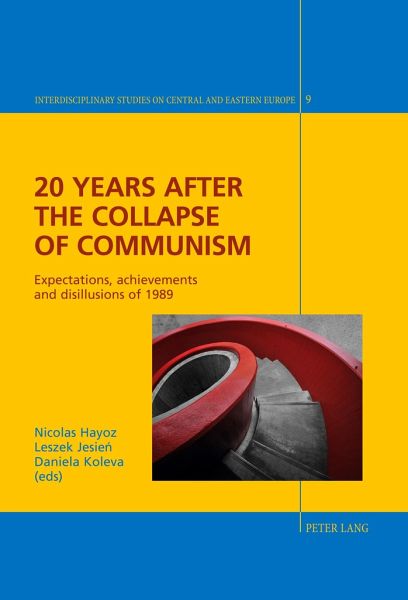
20 Years after the Collapse of Communism
Expectations, achievements and disillusions of 1989
Herausgegeben: Hayoz, Nicolas; Jesien, Leszek; Koleva, Daniela
Versandkostenfrei!
Versandfertig in 6-10 Tagen
74,60 €
inkl. MwSt.

PAYBACK Punkte
0 °P sammeln!
The volume is an attempt to assess the meanings of 1989, in particular the multiple transformation processes and their effects in Eastern Europe. Obviously, the realities of the post-communist transformations have not met the expectations. Were the expectations too high? Did democratic institutions prove incompatible with local cultures? Was their implementation too fast to correspond to a genuine development of democratic culture? Whatever the reasons, the road to democracy has turned out to be steeper and the communist legacy heavier than expected. The authors of this volume seek to comprehe...
The volume is an attempt to assess the meanings of 1989, in particular the multiple transformation processes and their effects in Eastern Europe. Obviously, the realities of the post-communist transformations have not met the expectations. Were the expectations too high? Did democratic institutions prove incompatible with local cultures? Was their implementation too fast to correspond to a genuine development of democratic culture? Whatever the reasons, the road to democracy has turned out to be steeper and the communist legacy heavier than expected.
The authors of this volume seek to comprehend the intricacies of various aspects of the post-communist transition; looking at a broad array of countries that have followed different paths. The studies combine methods of different disciplines. 'Insider' perspectives are juxtaposed with external assessments. This comparative and problem based approach brings into focus the ambiguities of the unfinished transformations as well as their broader cultural contexts: the politics of history and the battles for new memory, the re-signification of past and present, and the problematic transformation of homo sovieticus into an autonomous and responsive subject.
The authors of this volume seek to comprehend the intricacies of various aspects of the post-communist transition; looking at a broad array of countries that have followed different paths. The studies combine methods of different disciplines. 'Insider' perspectives are juxtaposed with external assessments. This comparative and problem based approach brings into focus the ambiguities of the unfinished transformations as well as their broader cultural contexts: the politics of history and the battles for new memory, the re-signification of past and present, and the problematic transformation of homo sovieticus into an autonomous and responsive subject.



